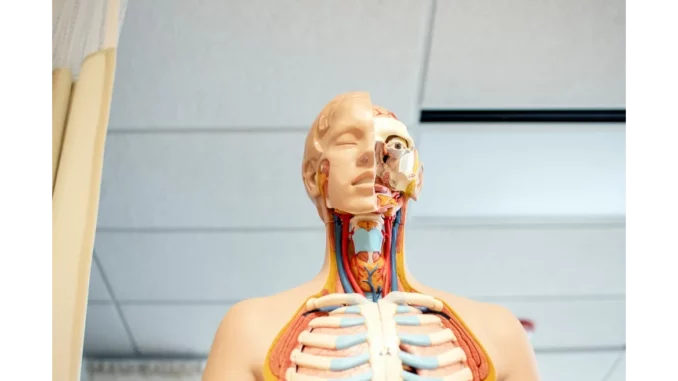
The realm of personalised medicine is undergoing a transformative evolution, spearheaded by significant advancements in artificial intelligence (AI) and digital pathology. A salient illustration of this progress is the collaboration between the innovation arm of Sheba Medical Center, Accelerate, Redesign, and Collaborate (ARC), and Roche, a global leader in pharmaceuticals and diagnostics. This strategic alliance is poised to refine the diagnosis and treatment of non-small cell lung cancer (NSCLC) through AI-enhanced digital pathology solutions. This piece delves into the broader implications of this collaboration for the future of personalised medicine and its transformative potential for healthcare.
Personalised medicine, often referred to as precision medicine, is redefining the paradigm of medical treatment by tailoring it to the unique characteristics of each patient. This approach integrates factors such as genetic makeup, lifestyle, and environmental influences to craft therapies that are both more effective and meticulously targeted. The essence of personalised medicine is to transcend the conventional “one-size-fits-all” treatment model, aiming instead for a bespoke approach that optimises therapeutic efficacy while minimising adverse effects. The collaboration between ARC and Roche represents a pivotal step toward actualising this vision by integrating AI with digital pathology to enhance the detection of molecular markers in NSCLC. These markers play a critical role in pinpointing patients who stand to benefit most from specific targeted treatments and immunotherapies.
Artificial intelligence emerges as a formidable ally in the pursuit of personalised medicine, owing to its capability to swiftly and accurately analyse vast datasets. Within the context of NSCLC diagnostics, AI algorithms excel at discerning subtle patterns and markers that might elude even the most skilled human pathologists. This proficiency facilitates a more rapid and precise identification of patients apt for targeted therapies, ultimately improving patient outcomes significantly. Notably, the application of AI in personalised medicine extends beyond NSCLC. The ARC and Roche partnership envisions broadening its scope to encompass other tumour types and diseases, underscoring the transformative potential of AI to redefine diagnostics across a spectrum of medical conditions. This expansion mirrors the overarching trend of harnessing AI to amplify diagnostic accuracy and treatment efficiency, setting innovative benchmarks in healthcare.
The integration of AI and digital pathology in personalised medicine heralds profound implications for healthcare delivery. By enhancing the speed and precision of diagnoses, AI-driven solutions can substantially curtail the interval from diagnosis to treatment, empowering oncologists to act with agility and confidence. This reduction in timescales is especially crucial in the context of cancer treatment, where early intervention can dramatically enhance patient prognoses. Furthermore, AI-enhanced diagnostics offer the potential to optimise treatment plans by delivering nuanced insights into patient responses to specific therapies. This capacity enables healthcare providers to make more informed and strategic decisions, thereby fostering more effective and efficient patient care.
Notwithstanding the immense promise of AI in personalised medicine, several challenges merit consideration. One of the foremost challenges is the imperative to ensure the accuracy and reliability of AI algorithms. Given their pivotal role in guiding critical healthcare decisions, it is essential to rigorously validate these algorithms and safeguard them against potential biases. Moreover, the integration of AI into healthcare systems necessitates meticulous attention to data privacy and security. As AI-driven solutions derive their insights from extensive datasets, it is imperative to protect patient data and uphold ethical standards in its utilisation.
The collaboration between ARC and Roche signifies a remarkable milestone in the pursuit of personalised medicine. By harnessing the power of AI and digital pathology, this partnership aims to elevate the precision and efficiency of NSCLC diagnostics, ultimately leading to improved patient outcomes. As their focus expands to encompass other diseases, this collaboration holds the potential to revolutionise healthcare delivery and establish new benchmarks in personalised medicine. In this emerging era of healthcare, AI-driven solutions are set to assume a central role in refining diagnostic accuracy, optimising treatment strategies, and enhancing patient care. As the field continues its dynamic evolution, partnerships like that of ARC and Roche will be instrumental in shaping the future of personalised medicine and advancing healthcare on a global scale.


Be the first to comment